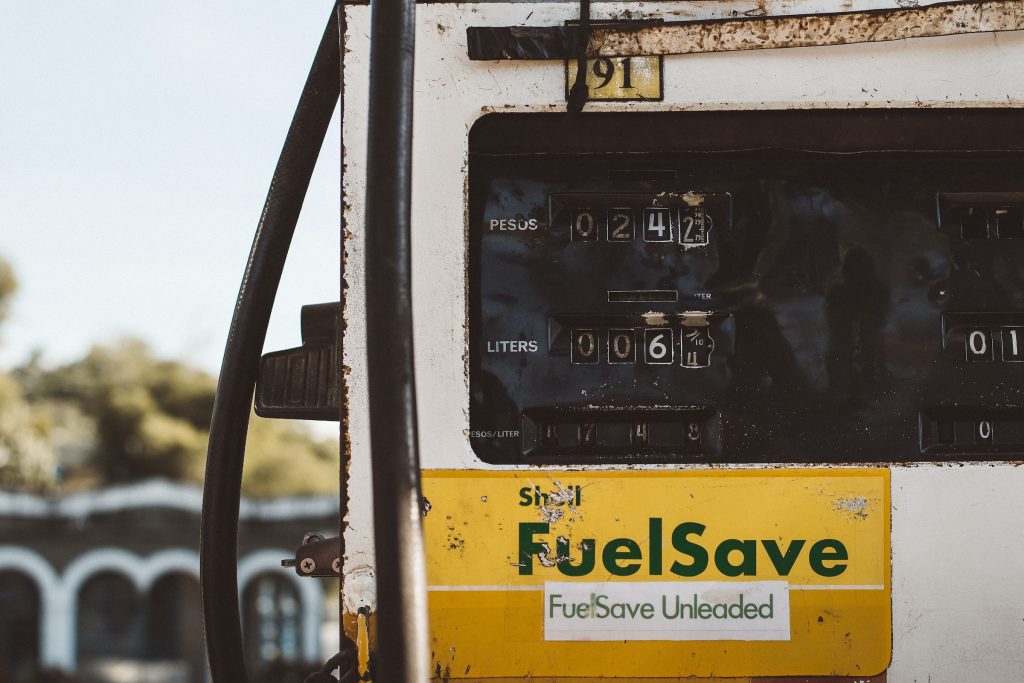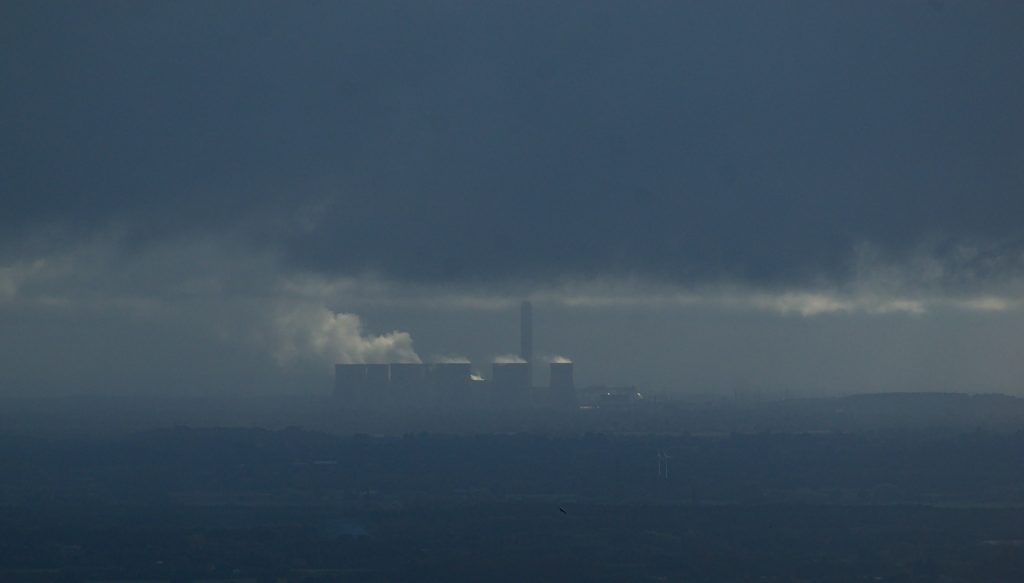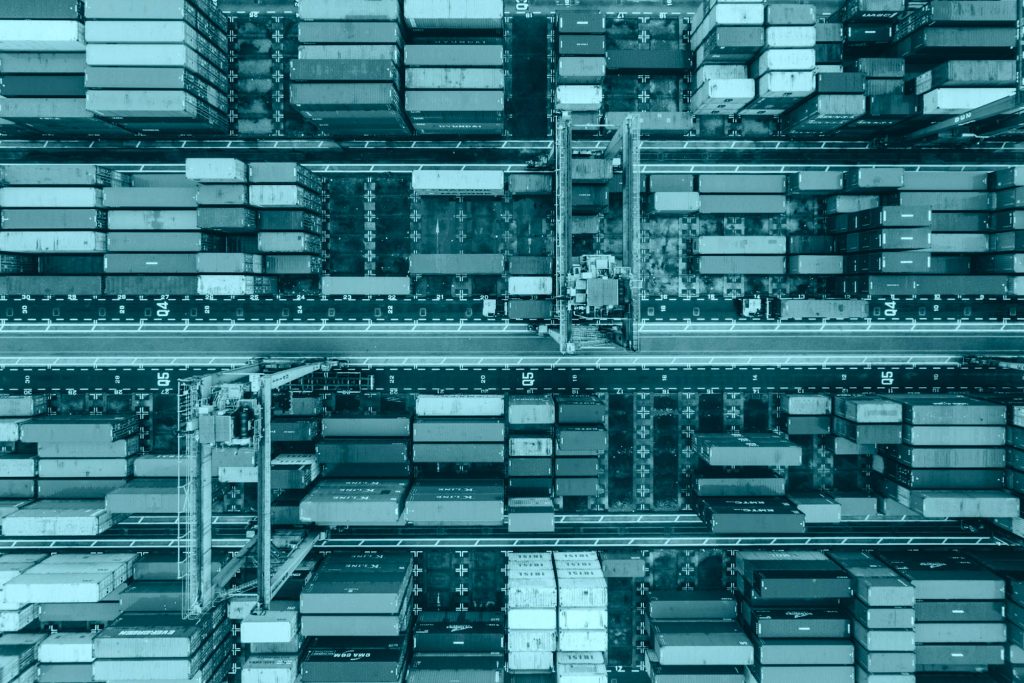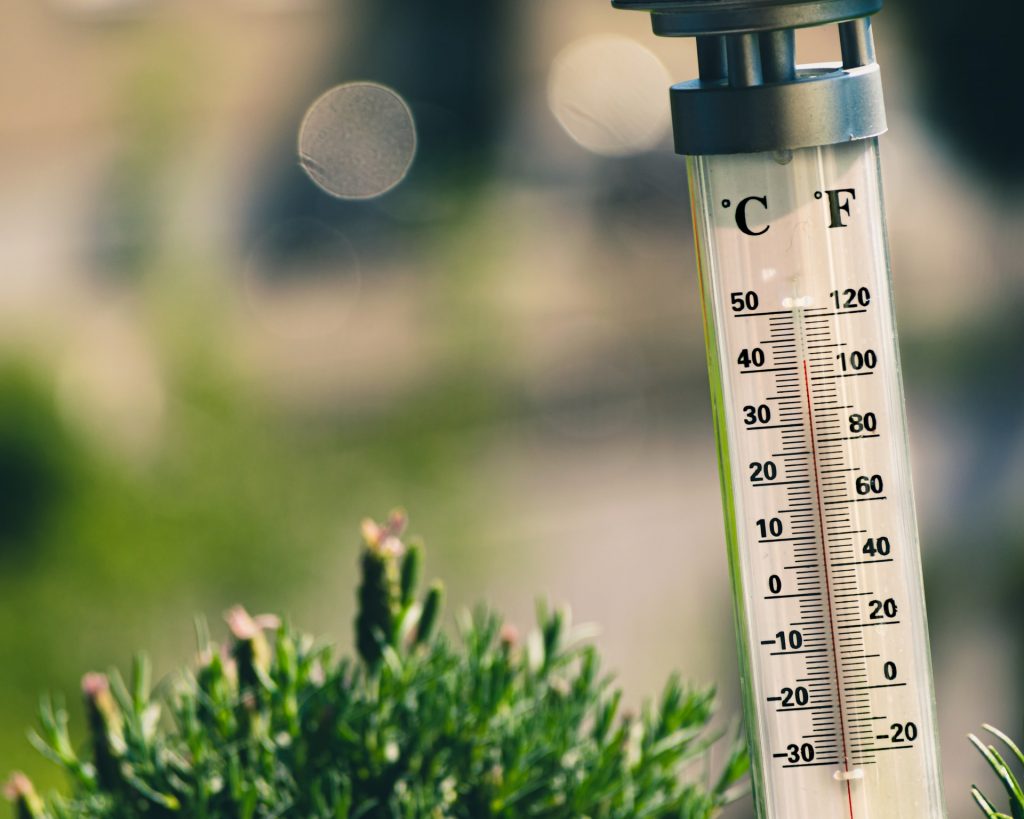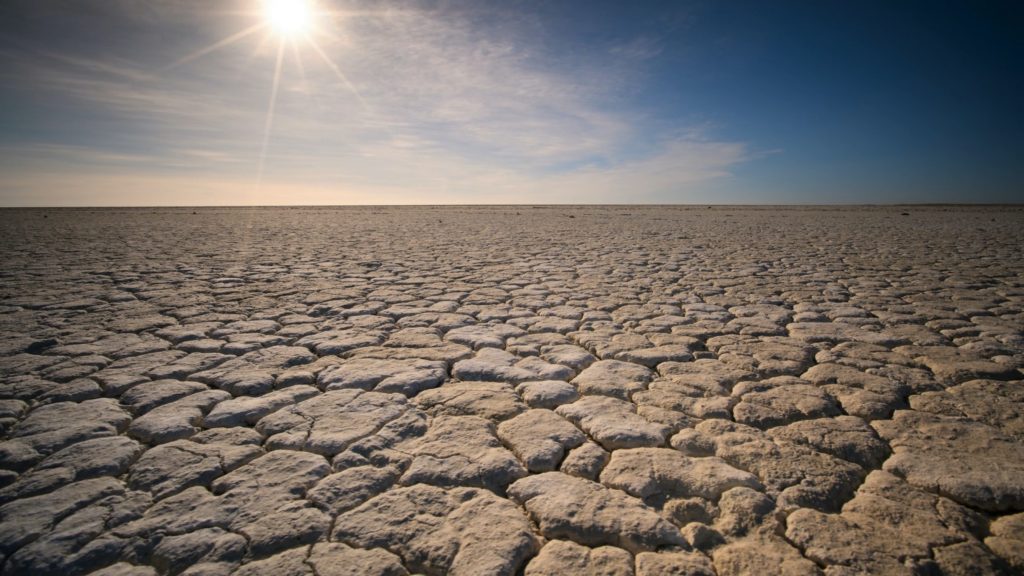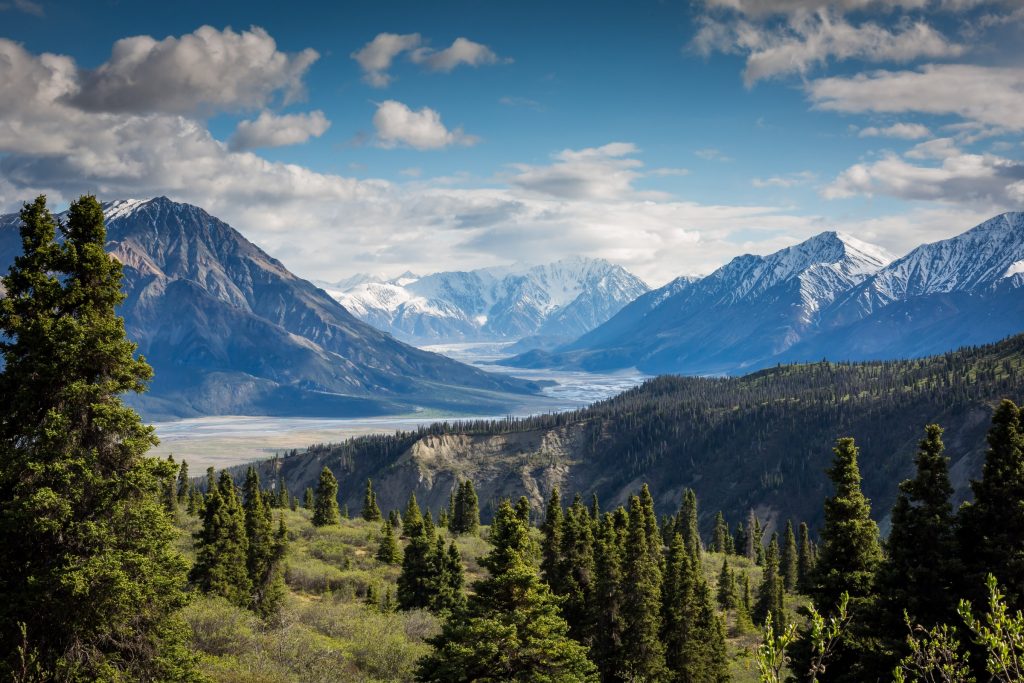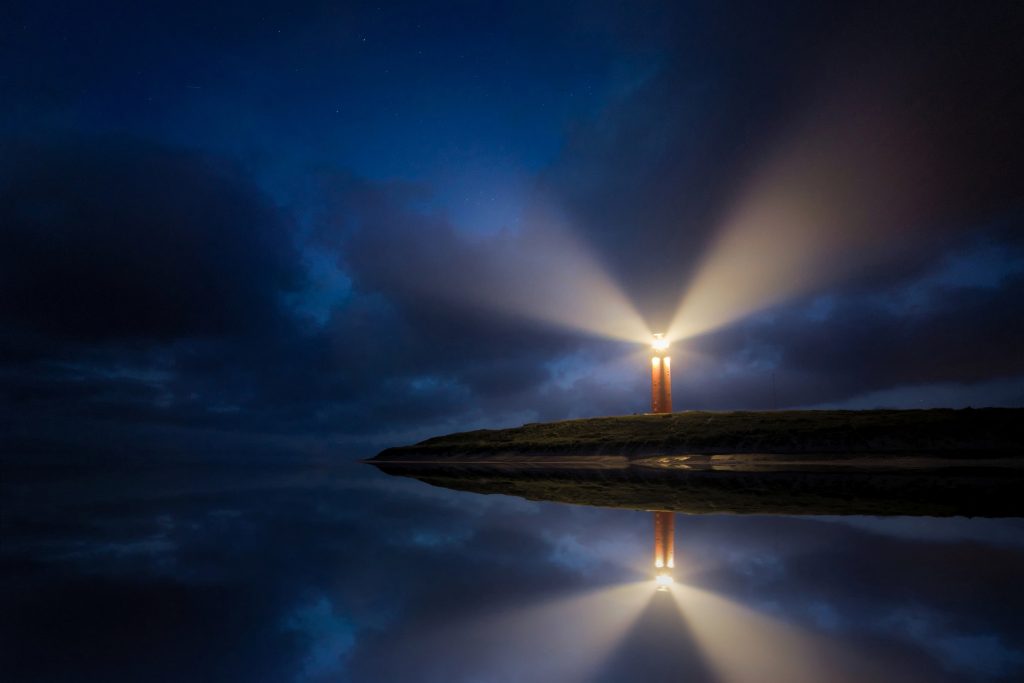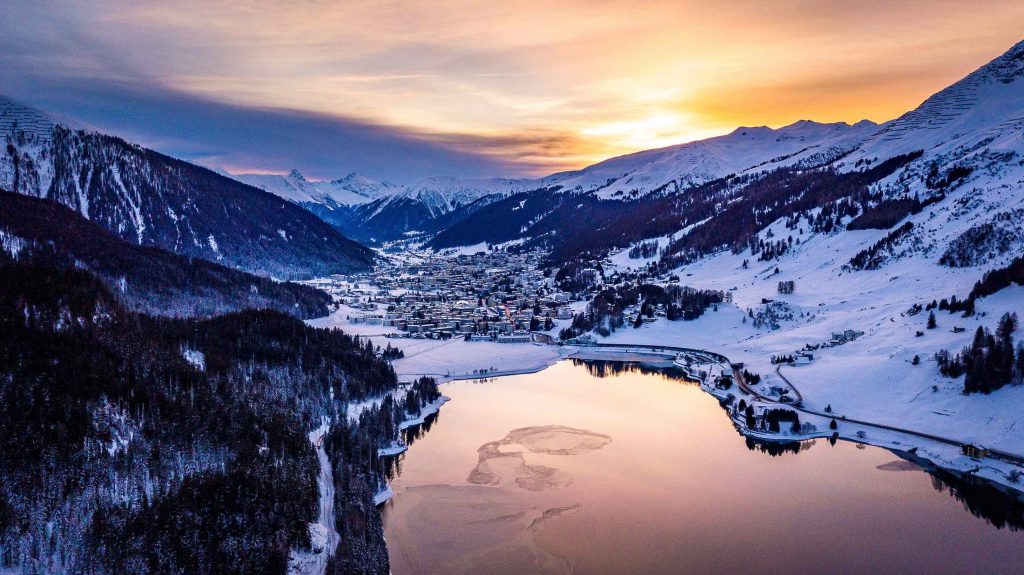
The climate stories stored in trees
What does uncovering the mysteries surrounding sunken ships have in common with understanding our climate? Both involve looking at tree cores and studying the historical archives contained within their inner rings. Dendrochronology, literally the study of tree time, offers a view into the past that provides vital information about our present and future.

